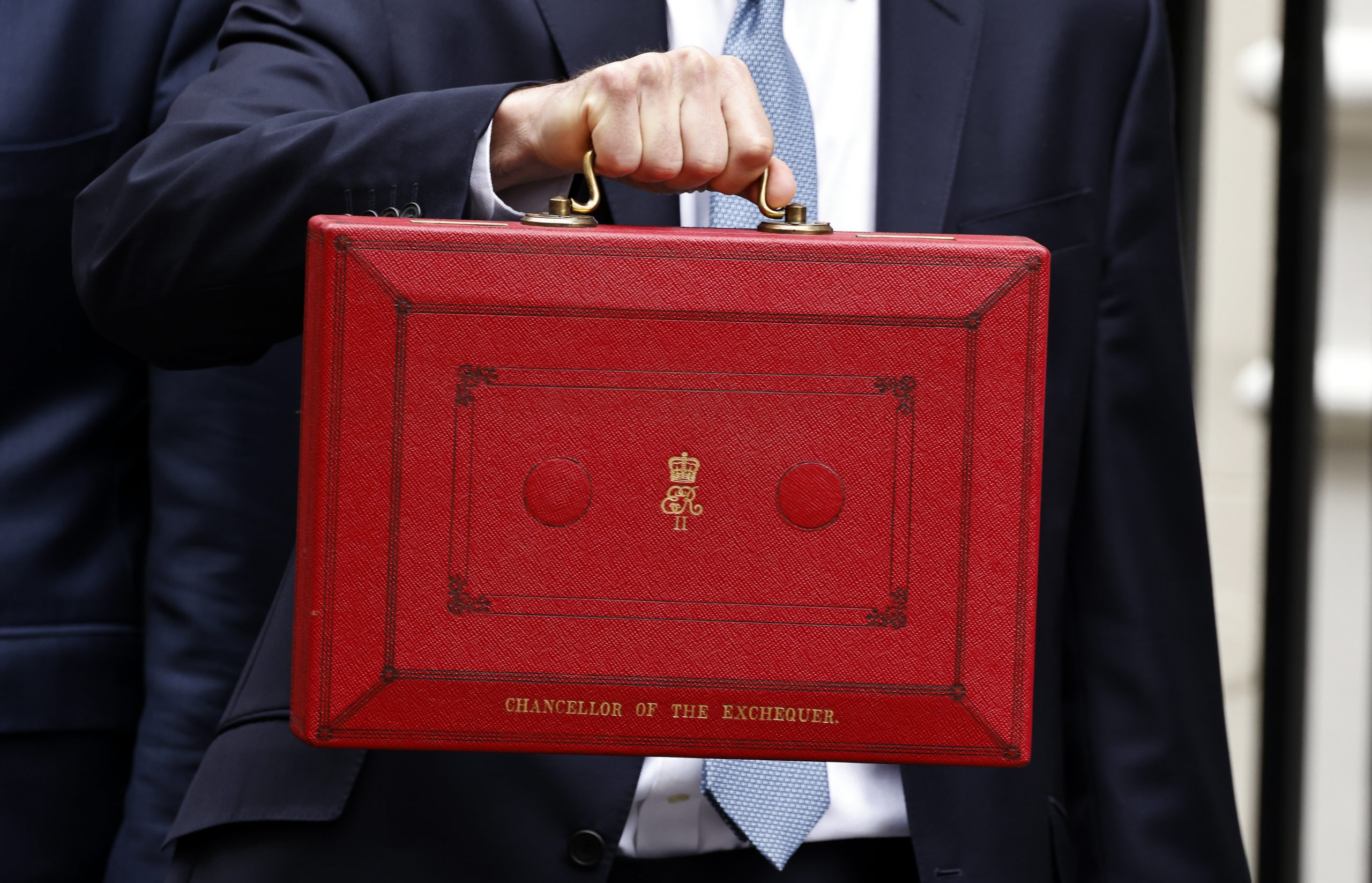The Importance of Diversification
Diversification
The rule to long term investment success is diversification. You should always have an amount of cash available to you in case you need it in a hurry, but no single asset class should be relied upon once your portfolio starts to build beyond those emergency requirements. Equities, bonds and property don’t offer the same guarantees, but if you understand them and are happy to accept at least some volatility, the longer term value of your portfolio might be better for spreading at least some of that money around.
NB: If an institution with which you hold deposit savings is declared insolvent, the capital will be guaranteed by the Financial Services Compensation Scheme up to a maximum of £85,000 per person, per institution. If you hold more than £85,000 on deposit, therefore, it may be sensible to spread it across more than one institution.
Financial News

Monthly Update: April 2024
3rd April 2024 Global Outlook In the UK, inflation surprised by coming in lower than expected, putting pressure on the Bank of England to cut

Letter from CEO – Gareth Jones
25th March 2024 Letter from CEO – Gareth Jones Dear Sir/Madam, Since 1985, I have been committed to providing an excellent service to all our

Spring 2024 Budget Guide
8th March 2024 Spring 2024 Budget Guide On Wednesday, 6 March, Jeremy Hunt, the Chancellor of the Exchequer, addressed the Commons to deliver the Spring

Monthly Update: March 2024
5th March 2024 Global Outlook The Magnificent Seven continued to rally with NVIDIA leading the charge. Microsoft, Google parent Alphabet, Amazon, Apple, Meta, NVIDIA, and
Get In Touch
Leave us a message
A&J Wealth Management Ltd
Sawfords
Bigfrith Lane
Cookham Dean
Berkshire
SL6 9PH
01628 480200
enquiry@ajwealth-management.com
Phone:
01628 480 200
Email:
enquiry@ajwealth-management.com
Address:
Sawfords,
Bigfrith Lane,
Cookham Dean,
Berkshire,
SL6 9PH
© 2024 A&J WEALTH MANAGEMENT LTD A&J Wealth Management Ltd is authorised and regulated by the Financial Conduct Authority. Financial Services Register, no 428590, at www.fca.org.uk/register Registered in England, Company no: 5105933. Registered Head Office: Sawfords, Bigfrith Lane, Cookham Dean, Maidenhead, Berkshire SL6 9PH






